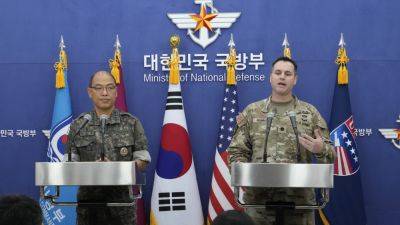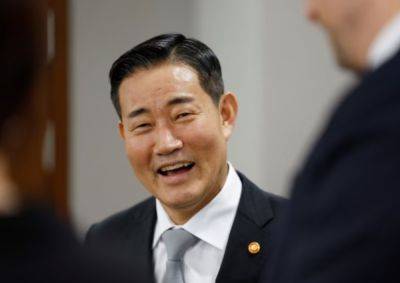How India figures in South Korea’s nuclear dilemma
South Korea’s interest in developing nuclear weapons can be traced back to the 1970s, during the tenure of President Park Chung-hee.
This period was marked by heightened regional tensions and a growing sense of insecurity, particularly in light of North Korea’s increasing interest in nuclear weapons and its escalating military capabilities.
Additionally, there was a prevailing sentiment among South Koreans of growing uncertainty regarding the reliability of the United States’ security guarantees amid the rapidly changing geopolitical situation at the time.
These factors, along with various domestic political considerations, collectively spurred the South Korean leadership to initiate a covert nuclear weapons program aimed at bolstering the nation’s defense capabilities.
The clandestine nature of this program underscored the sensitive geopolitical dynamics of the era, as South Korea sought to address its security concerns independently of its alliance partners in the region.
However, the United States, a key ally and strategic partner, was not willing to allow South Korea to challenge the nuclear regime established by the five recognized nuclear powers or disrupt the nuclear balance of power in the region.
Consequently, the US exerted considerable diplomatic and political pressure on South Korea to restrain its nuclear ambitions. As a result, by the late 1970s, South Korea agreed to terminate its nuclear weapons program and remain within the framework of the Nuclear Non-Proliferation Treaty (NPT). Since then, South Korea has adhered to its commitment as a non-nuclear-weapons state under the NPT, which aims to prevent the spread of nuclear weapons and promote the peaceful use of nuclear energy.
However, in recent years,







